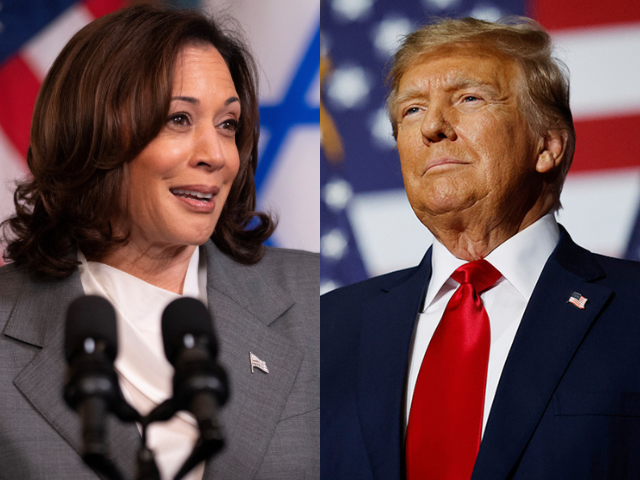Introduction
International relations (IR) is the study of how countries, governments, and organizations interact on the global stage. It encompasses a broad range of political, economic, social, and cultural connections that shape the world today. In an increasingly interconnected environment, the study of international relations is crucial for understanding how states navigate issues such as conflict, cooperation, trade, and diplomacy. From addressing global challenges like climate change to managing power struggles between nations, international relations provides the framework for how the world functions.
The Evolution of International Relations
The development of international relations as a discipline has been deeply influenced by the shifting dynamics of global history. Prior to the 20th century, interactions between states were largely governed by European-centered diplomacy, with an emphasis on power balancing, as demonstrated by the Congress of Vienna in 1815. This period sought to stabilize Europe after the Napoleonic Wars by establishing a balance of power designed to prevent any one nation from becoming too dominant.
The devastation of the two World Wars, however, transformed the way countries viewed international interactions. World War I marked the establishment of the League of Nations, a global organization designed to promote peace, though it failed to prevent further conflict. After the even more catastrophic World War II, the formation of the United Nations (UN) in 1945 represented a renewed effort to foster global cooperation. The UN’s creation marked a significant shift toward multilateral diplomacy, where countries work together to address issues such as security, development, and human rights.
The Cold War period introduced a new dimension to international relations, characterized by a bipolar world order dominated by the ideological rivalry between the United States and the Soviet Union. During this time, international relations revolved around managing tensions between these two superpowers, with a focus on deterrence, nuclear arms control, and the influence of global alliances. The end of the Cold War in 1991 shifted the focus once again, with the rise of the U.S. as a global hegemon and a wave of optimism regarding the spread of democracy and liberal internationalism.
Key Theories in International Relations
International relations theories offer different perspectives on how states behave and why they make certain decisions. Realism, one of the oldest and most enduring theories, suggests that the international system is anarchic, meaning there is no overarching authority to govern state actions. In this view, states are primarily driven by self-interest and power, with a focus on maintaining security and sovereignty. Realism tends to see international cooperation as rare and usually motivated by strategic calculations rather than genuine goodwill.
Liberalism, on the other hand, provides a more optimistic outlook, arguing that international institutions, democratic governance, and economic interdependence can foster peace and cooperation. Liberals believe that when states work together through organizations like the UN or World Trade Organization (WTO), they can achieve mutual benefits and reduce the likelihood of conflict.
Constructivism takes a different approach by emphasizing the role of ideas, identities, and social norms in shaping international relations. Unlike realism and liberalism, which focus on material factors like power and institutions, constructivists argue that the way states view each other and the world is constructed by historical experiences, cultural interactions, and shared beliefs. Therefore, states’ interests are not fixed but are influenced by these evolving factors.
Contemporary Challenges in International Relations
In today’s world, international relations are shaped by a range of complex and multifaceted challenges that require cooperation and innovative solutions. Globalization, for instance, has integrated economies, cultures, and political systems to an unprecedented degree. While globalization has brought economic growth and technological progress, it has also created challenges such as inequality, the erosion of national sovereignty, and the rise of populist movements that resist global integration.
Climate change is another critical issue that highlights the need for international cooperation. No single nation can address the global environmental crisis on its own, making multilateral agreements like the Paris Climate Accord essential for reducing carbon emissions and protecting the planet. However, conflicting national priorities, economic interests, and political will often hinder collective action.
The rise of terrorism and non-state actors has also complicated traditional state-centric approaches to international relations. Groups like ISIS and Al-Qaeda operate across borders, challenging state sovereignty and necessitating new strategies for counterterrorism and security. These actors often blur the lines between domestic and international threats, requiring coordinated efforts from states and international organizations.
Additionally, great power rivalries have resurfaced in recent years, particularly between the United States, China, and Russia. This competition plays out in various arenas, from trade disputes and military tensions to cyber warfare and technological competition. These rivalries are not only reshaping global power structures but also raising concerns about a return to a more confrontational, multipolar world.
Conclusion
International relations is a complex and dynamic field that reflects the evolving nature of global politics. From historical shifts in power and the creation of global institutions to contemporary challenges like climate change and terrorism, the study of international relations helps us understand the forces shaping our world. As globalization continues to deepen interconnections and geopolitical tensions rise, understanding international relations is crucial for fostering peace, security, and cooperation in the 21st century. The future of global interactions will depend on how nations navigate these multifaceted challenges, adapt to changing power dynamics, and collaborate to address common threats.



